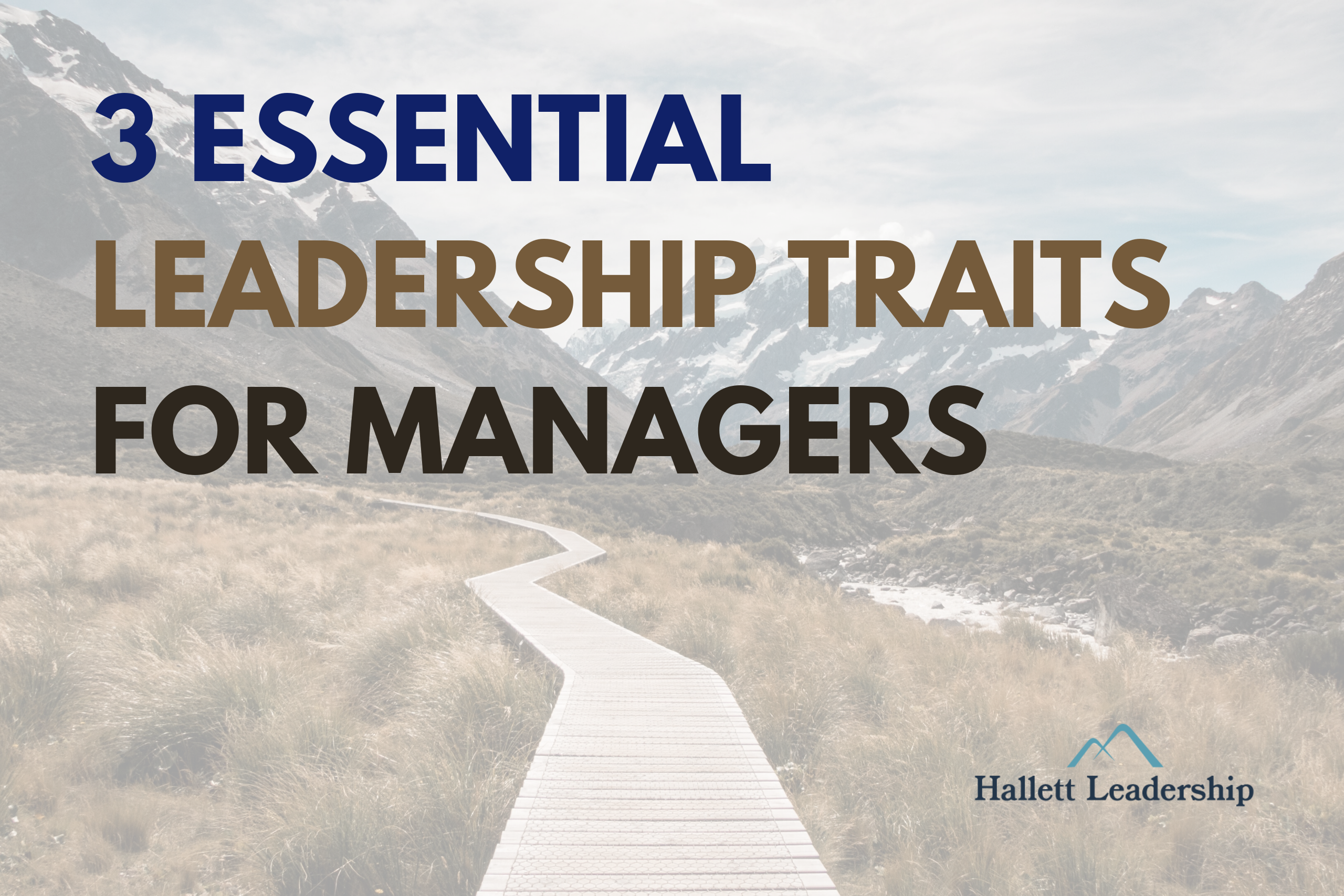Middle managers inhabit a unique and sometimes unenviable position. They are tip of the spear for interpreting and translating strategic directives from the C-Suite into actionable and valuable work activities below. Each new effort requires unceasing attention and balance as the gears above and gears below continue to turn at their own rhythms, according to their respective areas of focus – and the middle manager, if he or she is to be successful, must ensure that the gears don’t misalign with each other.
We humbly offer managers three areas of focus that we could consider “essential” to supporting their success in stewarding harmonious organizational functioning.
Self-Awareness
Self-awareness is key to facilitating development in every other area of career, and life. Understanding strengths, vulnerabilities, and everything in between, enables the manager to structure their days and activities for best results. Self-awareness can also serve as an orientation tool, enabling the manager to discern where to focus in the processes of personal and professional development.
In a sense, the manager himself (or herself) is his own first employee, and self-awareness provides a realistic grasp of what that manager, his (or her) own first employee, is capable of. From here it’s possible to discern where to lead on behalf of the team and where it’s more effective to delegate.
Relationship Building
Some time ago, I began coaching an individual who expressed confusion about why others were moving up the ladder, and he was being left behind. The telling clue was this: all of his dialogue and the way he described his work situation was focused around him as an individual performer, and not about building relationships…
Almost everything that comes to us in life, and in the workplace, comes to us through other people. After self-awareness, skill in relationship building is absolutely essential to serving as an effective manager. Strong relationships correlate with increases in efficiency, competitiveness, and later down the line – creativity and innovation.
And as my client learned through feedback and coaching… strong relationships are central to advancing within the organization. Without prioritizing relationships, he was likely to continue being left behind.
Developing authentic relationships with people requires attention, time and energy. Depending on our dominant behavioral style, care and attention to making and sustaining healthy interpersonal relationships with co-workers can go neglected in favor of deadlines, projects, and following protocols…
Be mindful of this, because when interpersonal relationships go on autopilot for too long, signs of their fraying may manifest as challenges to the business itself. Or frustrating career stagnation, such as my client experienced.
Be proactive about fostering healthy interpersonal relationships. You need not be friends outside of the workplace. It can be as simple as genuinely inquiring at the start of a meeting about someone’s family or their weekend.
Learning Orientation
The old adage was “fortune favors the bold.” In today’s volatile and rapidly transforming marketplace, some might say that “fortune favors lifelong learners.” More than ever before, the burden of adapting and even driving change at organizations lies with the middle tier of management. New and updated software, workflows and processes are always appearing, and companies are having to adapt to shifting terrain. The people with the best chance of keeping up are the people capable of acquiring and integrating new information.
It is important to make a distinction here between being willing to learn new things, and embracing learning as a way of life. We encourage our clients and training cohort participants in the latter. This means leaning in not only to learn new skills for the workplace, but outside the workplace as well.
We are blessed to be part of a society which, while certainly not perfect, provides more opportunities to learn, grow and experience new things than any other place and time in human history. Books, workshops, sports, niche hobbies, meditative practices and yoga and everything else abound – much of it accessible through the internet.
The gift of lifelong learning is its own reward. It will directly and indirectly impact your career and life for the better.
Conclusion
We hope these three middle management leadership essentials have been helpful. If you could use support with growing your team of leaders, or even facilitating the development of new processes that will lead your organization to success, please feel free to get in touch with us.





